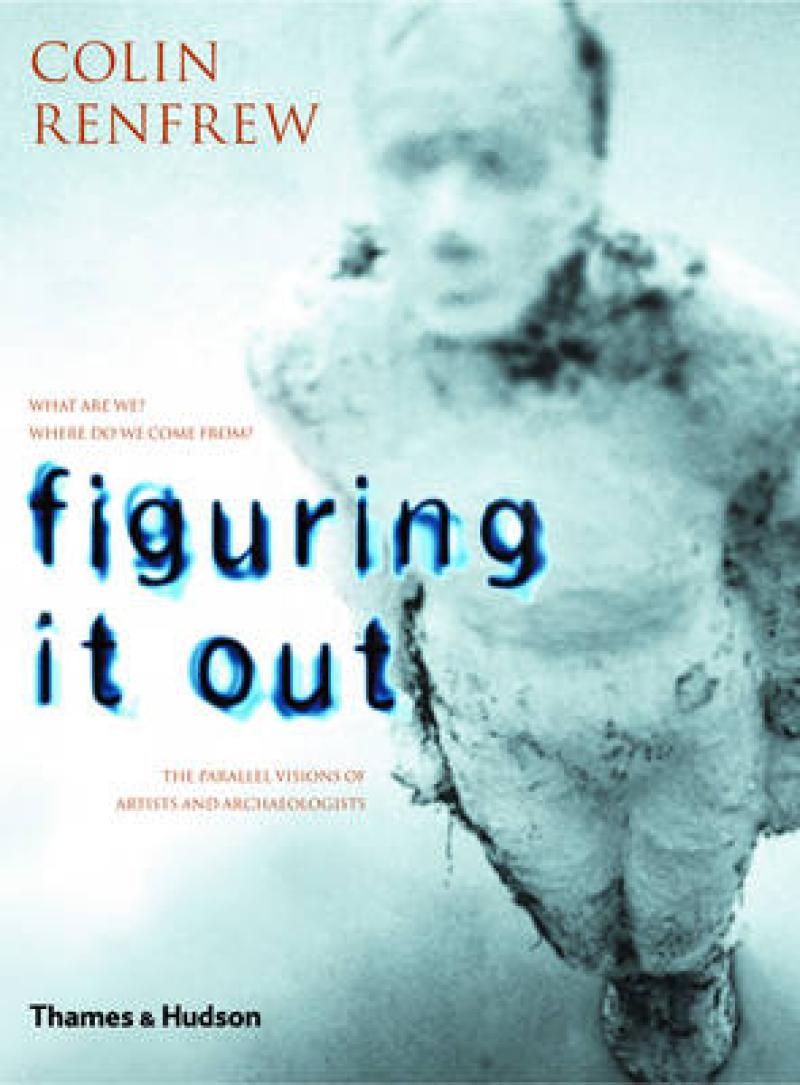Where do we come from? What are we? Where are we going? These questions were posed by Paul Gauguin in a famous canvas painted in Tahiti that heralded the beginning of the modernist era. But they are also the questions asked by modern prehistorians in their quest to reconstruct the human story. In Figuring It Out, Colin Renfrew investigates the profound convergence between the two disciplines, drawing illuminating parallels between the way the modern artist seeks to understand the world by acting upon it, and the way the archaeologist seeks to understand the world through the material traces of such actions. Professor Renfrew contends that the human condition can only be properly understood through the idea of 'process', of Homo Sapiens active material engagement with their world. Central to his thesis is an exploration of a group of leading contemporary artists, including Richard Long, Mark Dion, Antony Gormley, Eduardo Paolozzi and David Mach, whose works are notable for just such an engagement with their physical surroundings.
Les mer
An investigation of the profound convergence between the two disciplines of art and archaeology, drawing parallels between the way the artist seeks to understand the world by acting upon it and the archaeologist interprets the material traces of such actions.
Les mer
Introduction: What are we? 1. Encounters: Art as archaeology, archaeology as art 2. What is art? The tyranny of the Renaissance 3. Off the plinth: Display and Process 4. The human condition: Being and remembering 5. The (al)lure of the artefact 6. Baneful signs: The archaeology of now
Les mer
Produktdetaljer
ISBN
9780500051146
Publisert
2003
Utgiver
Vendor
Thames & Hudson Ltd
Vekt
300 gr
Aldersnivå
06, P
Språk
Product language
Engelsk
Format
Product format
Innbundet
Antall sider
224
Forfatter
